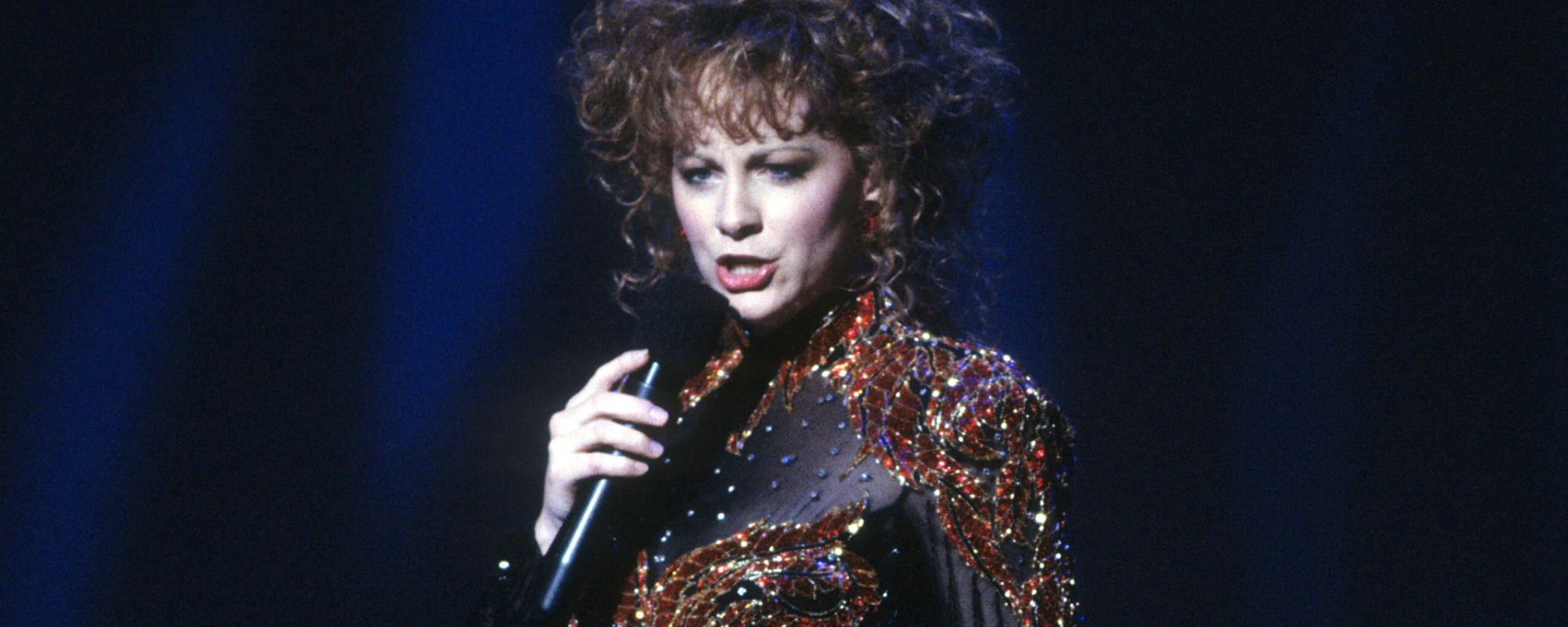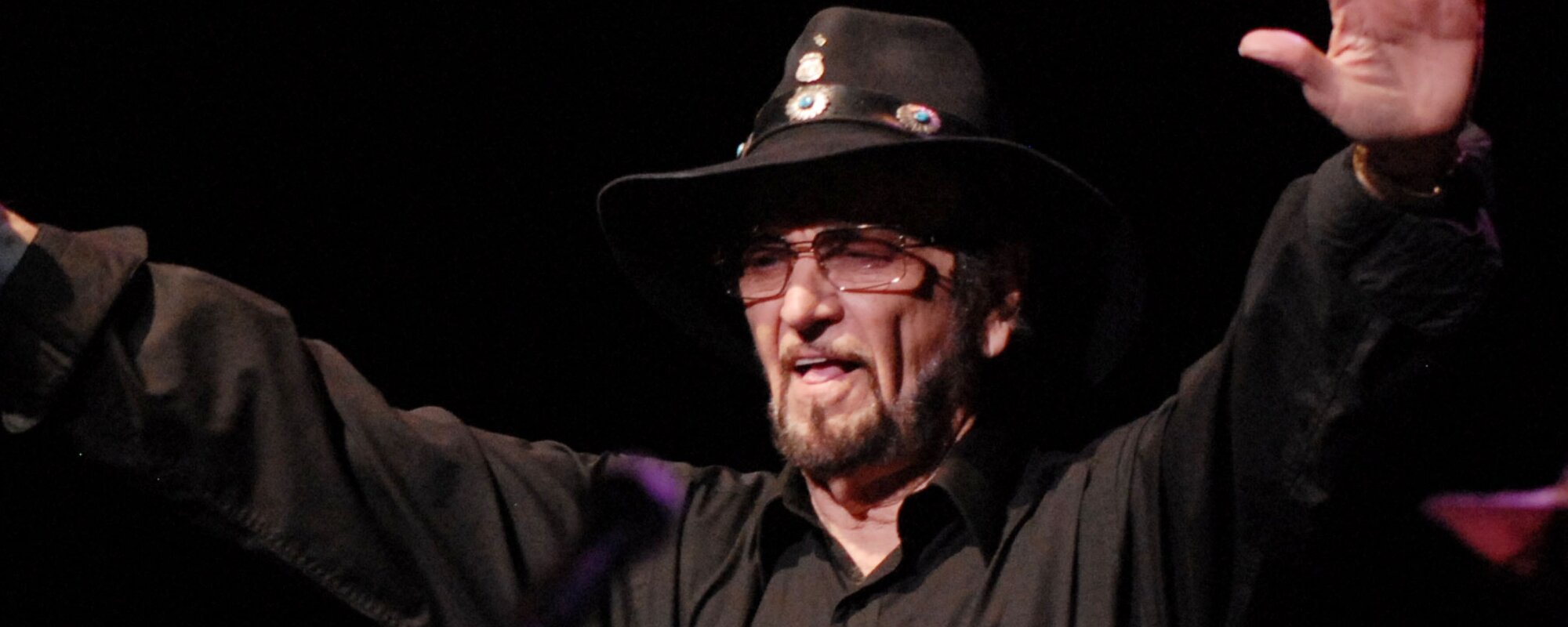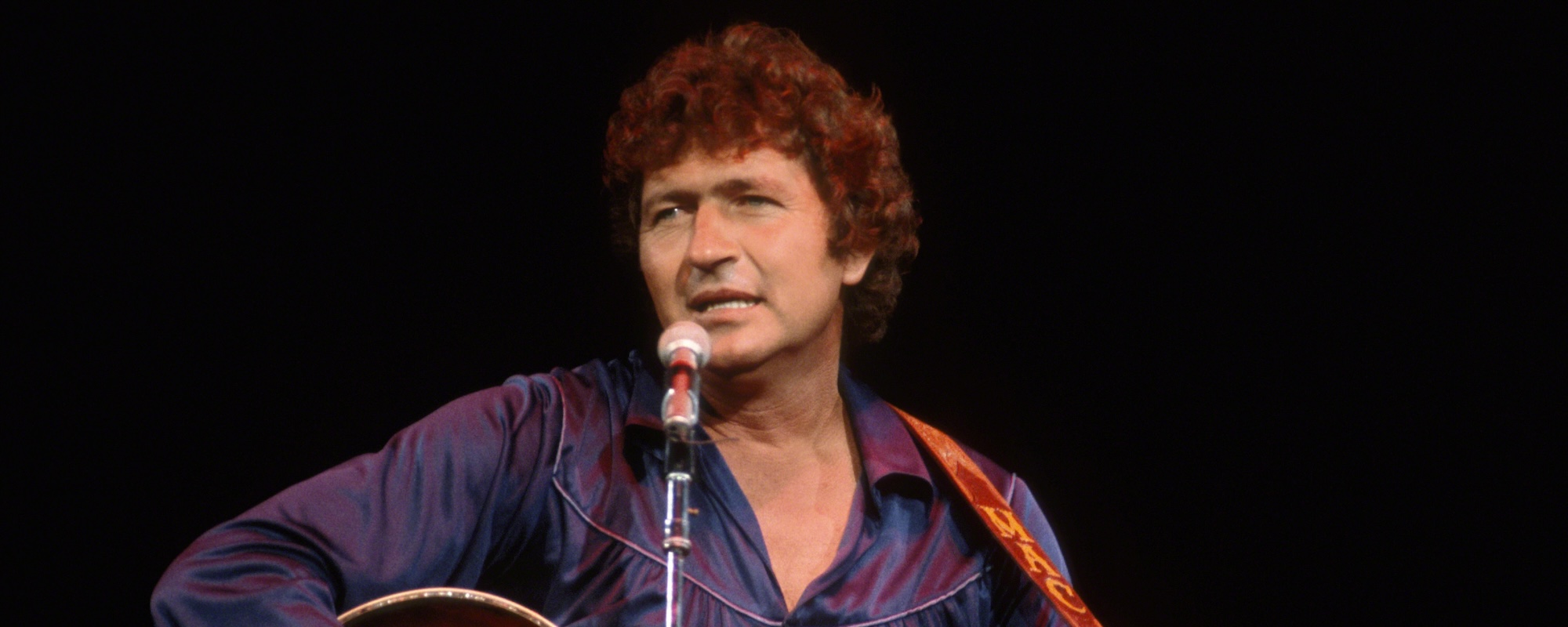For HAERTS, the New York-based German indie pop duo of Nini Fabi and Ben Gebert, their third release, Dream Nation, from 2021, and their forthcoming album, Laguna Road (October 3), feel like two worlds apart. The latter album was shrouded in something more mysterious, while Laguna Road is a chronicle of the couple’s life since then, from relocating from New York City to California in June 2021, to the trials of raising a family, confronting unresolved pains, and returning to the East Coast—transplanting themselves Upstate, New York this time—after writing and recordng their new album together in their former home, on Laguna Road.
“‘Dream Nation’ seems far away, like something from another life,” Gebert tells American Songwriter. “We started ‘Laguna Road’ after stepping back from HAERTS to focus on our family, on other parts of living, and we made it in a way that felt entirely new. It came together between making breakfast and washing sheets, and because of that, we had to find a different kind of focus.”
He adds, “‘Dream Nation carried a mystery, and this time, we wanted to strip that away. We wanted something plainspoken, rooted in the song, in the story, not in the production.”
Introducing Laguna Road, is an evocative piano ballad, a first for HAERTS, “Woman on the Line,” featuring Wye Oak and Flock of Dimes’ Jenn Wasner, is a poignant movement of self-awareness, addressing past grief, coming into a different age and a new family, and finding acceptance in the way everything has fallen into place in life.
“The song is about the moment of letting go,” says Fabi, “but also a moment of looking back and beginning to accept that the story we’re born into and the story we try to create for ourselves are inextricably linked.”
Videos by American Songwriter

People say there’s nothing wrong with me, but you would tell me anyway / There’s a piece inside me missing and I never say / What’s too hard to say, sings Fabi through the slow-pulsing ballad.
Accompanying the song is a music video, out July 11, shot by Los Angeles-based artist Julian Klincewicz, who also worked on Beyoncé’s 2019 musical film Homecoming.
HAERTS’ Fabi and Gebert spoke to American Songwriter about the making of Laguna Road, how lead single “Woman on the Line” helped Fabi face the past, and why following Joni Mitchell‘s songwriting advice has served them well.
AS: Was there any song, in particular, that opened the floodgates for Laguna Road?
Nini Fabi: “Woman on the Line” was the first song I wrote after not writing for over a year, and it reminded me of how much I needed to get back to it. Around that time, there was a great deal of beauty in our life, our growing family, the small joys that should have anchored me, but I was also dealing with a lot of unresolved history, and I couldn’t quite find my place inside it. It took a while to finish the song and find the chorus, but it was definitely the first piece of the puzzle.
AS: You wrote and recorded the album at home in California, then finished it in New York City. Both have been your homes, so why did Laguna Road feel like the right title?
NF: We moved to California almost four years ago and wrote and recorded the new album at our house on Laguna Road. Our time there revolved around family life and our children. It felt like a little sunny utopia at times. But we were also going through a crisis, approaching the end of our thirties. It was a very difficult, yet beautiful period, and all of it made its way into the album. We left Pasadena earlier this year and moved back to Upstate New York. The only element we decided on at that point was the title, Laguna Road. I think we only understood the role the place had played once we left it.
AS: “Woman on the Line” is a first piano ballad for you. Sonically, is this different pace something you wanted to capture more of on this album?
BG: The songs on the album feel raw, and there’s an underlying tremor that we didn’t want to iron out. There’s also a slowness to them, and where we might have previously tried to break that up by adding mid-tempo or faster tracks, this time we chose to lean into what the songs already were. Instead of creating movement through tempo, we tried to achieve it through dynamics and the way we captured the performances. Most of the album was recorded in different rooms of our house on Laguna Road, in live sessions with our band, to capture both the space and the imperfections of playing together in real time. We added strings at Funkhaus in Berlin, which played a significant role in shaping the sound.

AS: The song “Woman on the Line” covers a lot of personal ground. As you spent more time with the song, what else did the song reveal to you?
NF: “Woman on the Line” is about the crisis I went through approaching the end of my thirties. I had been in constant movement in the years leading up to it, and when I became a mother and finally had a moment to stop, a lot came up. I lost my parents when I was young, and there was still a lot of unresolved grief that created a lot of pain and loneliness in my life and our relationship. I was trying to keep everything together because I believed that if I let myself feel it all, life would fall apart. The song is about the moment of letting go, but also a moment of looking back and beginning to accept that the story we’re born into and the story we try to create for ourselves are inextricably linked.
AS: How did Jenn Wasner get involved? Did you have her in mind as the song was coming together?
BG: We were in the studio with Adrian Olsen, who mixed and co-produced the record at his Montrose Recording, in LA. We wanted to keep the song very bare bones, but something still felt missing. I think it was Adrian who suggested bringing in another voice, and the idea of a second female vocal felt really powerful to us. Jenn, who’s a dear friend of Adrian’s and one of the most talented musicians out there, immediately came to mind. She was on the road at the time, but happened to be in town for a brief moment. She came into the studio and recorded herself for a few hours, and what she added was so warm, and aching, and beautiful—it just completed the song.
AS: It’s been more than a decade since HAERTS debuted, and longer since you formed. How has songwriting shifted for you both since then?
NF: The process of our writing hasn’t changed much over the years. We each write a lot on our own—collecting fragments, notes, ideas—and then, every so often, we come together in a room to piece it all together. That’s the laborious part.
What has changed is the rhythm of it. I’ve always found it hard to write when there’s too much going on around me, and before we had kids, it was easier to create the kind of environment that allowed for something more spontaneous. Now, we have to schedule it. We make time, carve out space, and try to use every quiet moment in between to focus.
Then there’s the question of inspiration, how to find it when you’re caught in the machinery of everyday life. I’ve been thinking a lot about that Joni Mitchell quote: “If you’re truthful, you never run out of material.” Before making the new album, I had been struggling to write. I felt empty, anxious about creating something new. Eventually, I realized that in order to write truthfully, I had to be truthful with myself first. And when I began to face myself again, the writing changed. It became more direct, more personal—maybe more than it’s ever been.
Photo: Julian Klincewicz







Leave a Reply
Only members can comment. Become a member. Already a member? Log in.